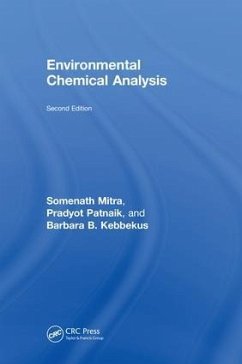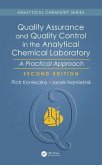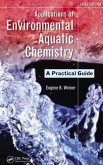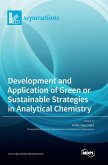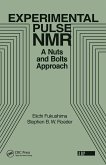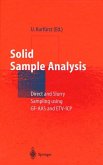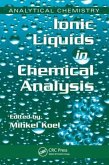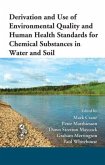Environmental Chemical Analysis presents a comprehensive summary of analytical methods and instrumentation in the chemical analysis of pollutants in air, water, and soil. Topics include spectroscopic methods e.g., UV-visible, atomic absorption, infrared, X-ray fluorescence, and inductively coupled plasma emission as well as a multitude of chromatographic methods and mass spectrometry. The authors explain these methods in considerable detail with relevant operating equations and formulas, useful for both novices and experienced professionals. Up-to-date examples of pollutants including radioactive sources are identified. Flow charts and diagrams of instrument operating principles as well as data tables are well organized and clearly labeled; notations and symbols are clear and consistent. Discussions of sampling methods and storage procedures are also included in some detail to show how they may impact results. An area in which other texts in this field are weak is the distinction between precision and accuracy and the ways each may be calculated and expressed, depending on the nature of the problem. The authors provide numerous solved examples of each statistic, and relevant study questions are included at the end of each chapter. The references included are spare but can be easily supplemented with a simple internet search.
--A. S. Casparian, Community College of Rhode Island, CHOICE, March 2019
Summing Up: Highly recommended. Advanced undergraduates through faculty and professionals.
Winner of the Choice 2019 Outstanding Academic Title Award
--A. S. Casparian, Community College of Rhode Island, CHOICE, March 2019
Summing Up: Highly recommended. Advanced undergraduates through faculty and professionals.
Winner of the Choice 2019 Outstanding Academic Title Award

